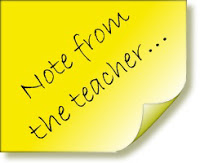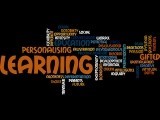I have just been drawn back to the amazing work of the team at “Bubble Dome” – a NZ-based company started by Rebecca Merle, with whom I had the pleasure of working with some years back. I can truly say “WOW” – these guys are really getting themselves out there, providing great holiday, after-school, and in-class workshops for students (and teachers) to use their personal creativity and learn with some great ICT tools as well.
Not just in New Zealand now, they have venues in Sydney, Melbourne and Brisbane as well. In fact, if you are in quick, you may be able to still sign up for some of the courses running prior to Christmas, and in January next year.
If your children have a passion for animation, movie-making, architecture, fashion design, science, robotics, or writing (among others), check their courses out now. The kids that go often say it is the highlight of their holidays. Let them break out of the traditional learning bubble and be wowed by the possibilities of learning with Bubble Dome.
Fabulous work, Bubble Dome Team.
And, NO, this is NOT a paid presentation as you get hounded by on tv!
 Here is a timely reminder to keep an eye on what our gifted students need to be careful of as they participate in open online courses and MOOCs for meeting their needs. So much is available free, outside of the “walled” offerings that are paid for. Watch out that “free” sign doesn’t become more costly than you’d ever imagined.
Here is a timely reminder to keep an eye on what our gifted students need to be careful of as they participate in open online courses and MOOCs for meeting their needs. So much is available free, outside of the “walled” offerings that are paid for. Watch out that “free” sign doesn’t become more costly than you’d ever imagined.







